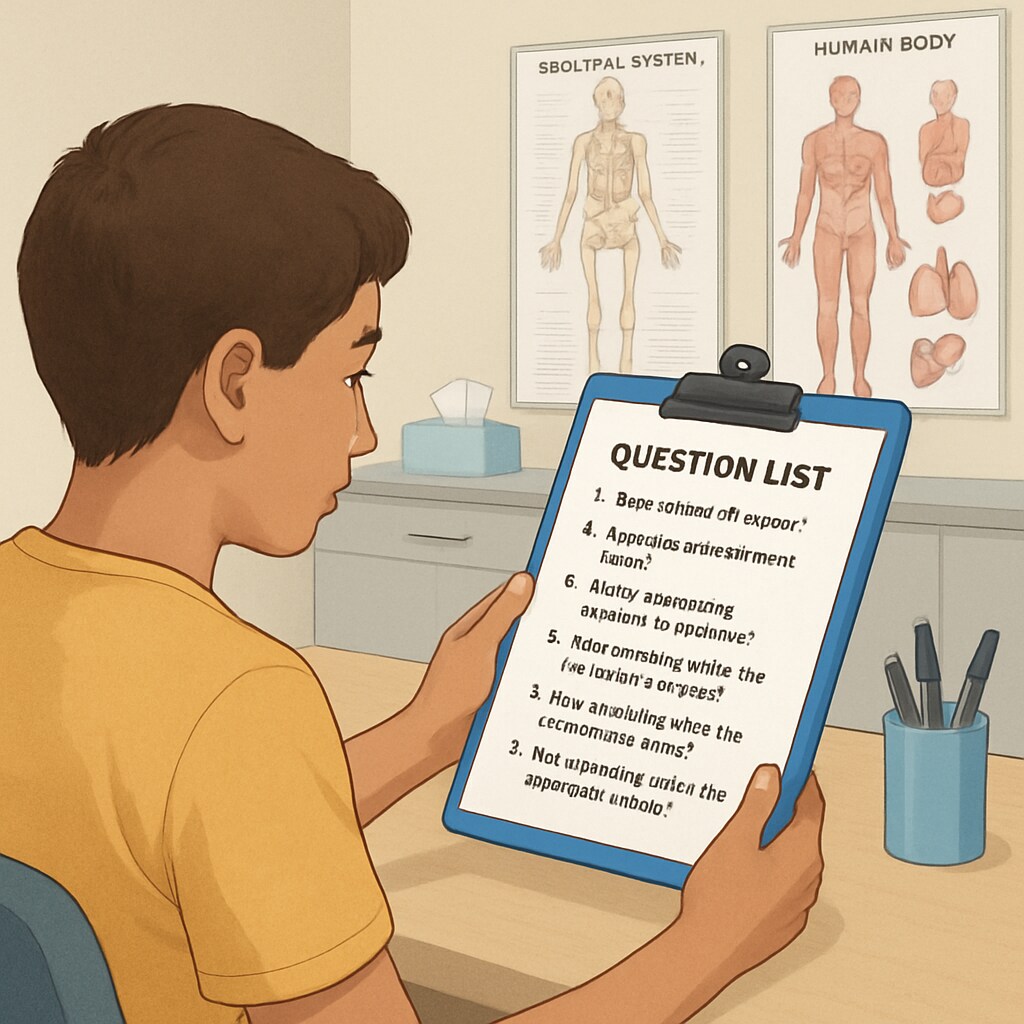Understanding the realities of a medical career is an essential step for students who aspire to join the healthcare profession. Engaging in “doctor interviews” as part of “career planning” and “medical education” can provide invaluable insights and guidance. By speaking directly with medical professionals, K12 students can gain a clearer perspective on the challenges and rewards of this career path, helping them make informed decisions about their future. In this article, we explore the significance of medical career interviews, offer actionable steps for conducting them, and present a comprehensive question framework to maximize their value.
The Importance of Medical Career Interviews for K12 Students
For many students, a career in medicine seems both noble and daunting. While textbooks and online resources offer theoretical knowledge, they often fail to capture the day-to-day realities of being a healthcare professional. This is where medical career interviews come in. By connecting with real doctors, students can:
- Understand the diverse roles within the medical field, from general practitioners to specialists.
- Learn about the educational and professional journey required to succeed in medicine.
- Gain insights into the personal qualities and skills necessary for the profession.
- Clarify misconceptions or assumptions about the medical field.
For example, a student may assume that all doctors perform surgeries, but an interview with a pediatrician can reveal the wide variety of non-surgical roles available in medicine. As a result, these interviews serve as a bridge between aspiration and actionable career planning.

How to Plan and Execute a Successful Medical Career Interview
Conducting a productive interview requires preparation, organization, and the right approach. To ensure success, students should follow these steps:
- Identify the Right Professional: Reach out to doctors working in fields that align with the student’s interests. For instance, if they are curious about surgery, they should connect with a surgeon.
- Do Preliminary Research: Before the interview, students should familiarize themselves with basic medical concepts and the doctor’s specialty, ensuring that their questions are thoughtful and relevant.
- Prepare a Question Framework: Having a structured list of questions ensures that the conversation stays focused and productive.
- Be Respectful of Time: Doctors often have demanding schedules, so it’s important to keep the interview concise and well-organized.
Students may also consider recording the interview (with permission) to revisit key points later. This allows them to fully engage in the conversation without worrying about missing important details.
Essential Questions for a Medical Career Interview
Developing a strong set of questions is critical to extracting meaningful insights from the interview. Below is a suggested framework that students can adapt based on their interests:
General Background
- What inspired you to choose a career in medicine?
- Can you describe your educational and professional journey?
- What does a typical day in your role look like?
Challenges and Rewards
- What are the biggest challenges you face as a doctor?
- What do you find most rewarding about your work?
- How do you maintain a work-life balance?
Advice for Aspiring Doctors
- What skills or qualities are most important for someone entering this field?
- What advice would you give to students considering a medical career?
- Are there any resources or experiences you recommend for aspiring doctors?
By addressing these areas, students can gain a comprehensive understanding of the profession, preparing them for the next steps in their educational journey.

Conclusion: Bridging Aspiration and Action
Medical career interviews are a powerful tool for K12 students exploring their future in healthcare. They provide a rare opportunity to learn directly from professionals, bridging the gap between idealized notions of medicine and its real-world demands. With careful preparation and a thoughtful approach, these interviews can inspire and guide the next generation of medical professionals.
By incorporating these practices into their career planning, students can make informed decisions, align their aspirations with actionable goals, and set the foundation for a successful future in medicine.
Readability guidance: Short paragraphs and clear subheadings have been used for easy navigation. Lists summarize key points, while transitions like “for example” and “as a result” ensure a smooth flow. Passive voice has been minimized to maintain an engaging tone.


